Track my order
blog
Move Farms, Not Food: Shipping Containers May Solve the Food Desert Problem


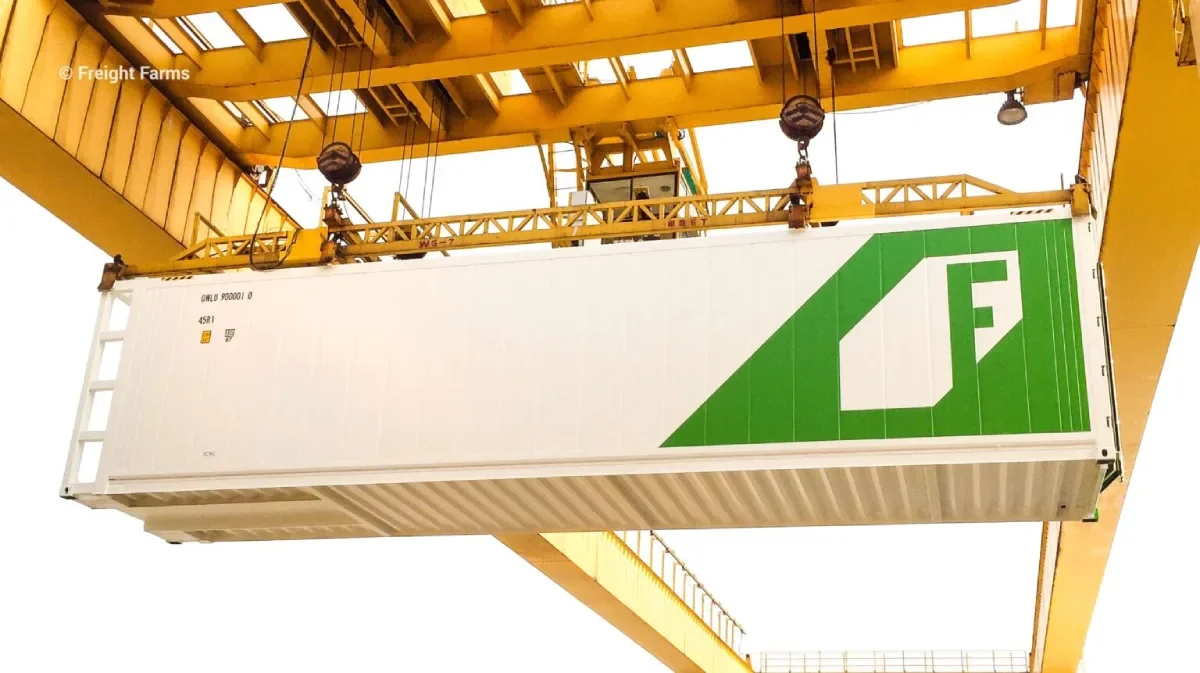
Have you ever considered becoming a farmer or taking your gardening skills to the next level? Now you can without having to purchase acres of land. In fact, you don’t even need a background in agriculture to get started. Introducing container farms.
Freight Farms is putting growing power into the hands of ordinary people around the world by transforming shipping containers into miniature, modular farms. The Boston-based company was founded in 2011 by Brad McNamara and Jon Friedman, who envisioned democratizing fresh, local food and making it accessible year-round — even in hard-to-reach places or extreme climates.
By transforming shipping containers into hydroponic farms, Freight Farms can bring fresh, affordable produce to anyone who needs it, anywhere in the world. It’s a huge step toward solving food deserts and reducing food waste.
From Rooftop Gardens to Container Farms
At first, Brad and Jon tried rooftop gardening to grow food for their Boston community. There was precedent for the idea — rooftop gardens are popular in many urban centers, and give new life to space that might otherwise be underutilized. However, finding rooftops that could offer enough load-bearing capacity and adapt to Boston’s harsh winters proved a challenge.
After a bit of brainstorming, they hit on the perfect solution — shipping containers.
Shipping containers checked all the boxes for small-scale, anyplace agriculture. They’re insulated, allowing produce to grow year-round no matter the weather. They’re far more cost-effective and sustainable than building a big warehouse. And they can be shipped anywhere, enabling produce to grow in urban hubs with limited real estate and hard-to-reach food deserts around the world.
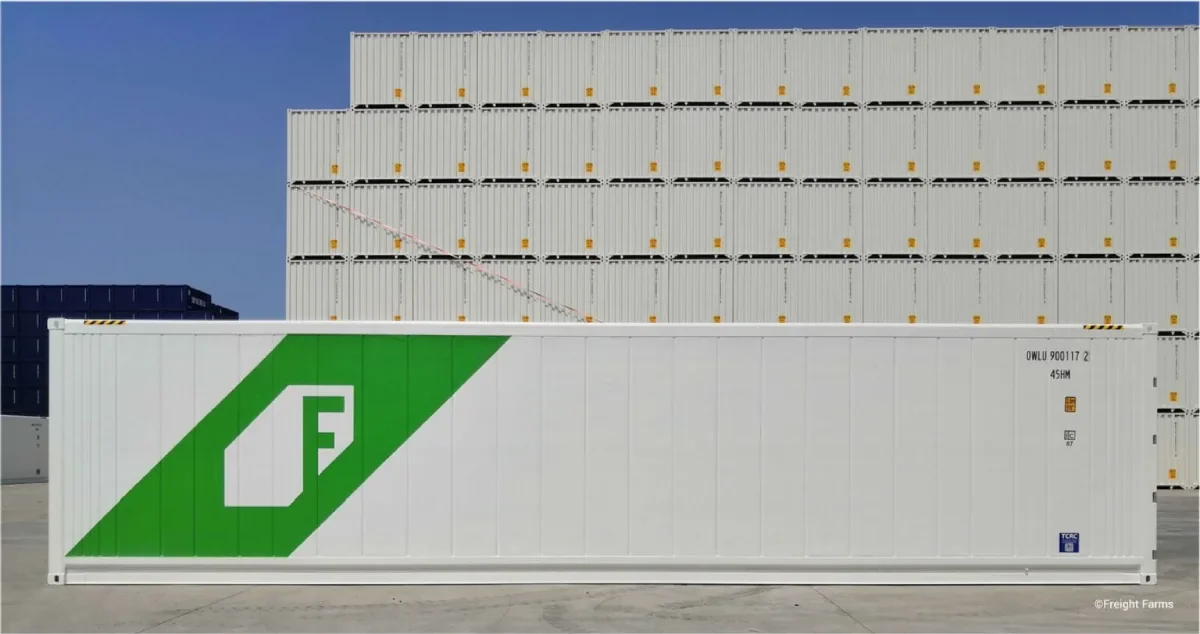
Fine-Tuning a Model for Success
The company built its first container farm prototype in 2013 and named it “The Leafy Green Machine.” It revolutionized ideas of agricultural efficiency, requiring just 20 hours of weekly labor to grow the same amount of food in 320 square feet as what two acres of farmland could produce.
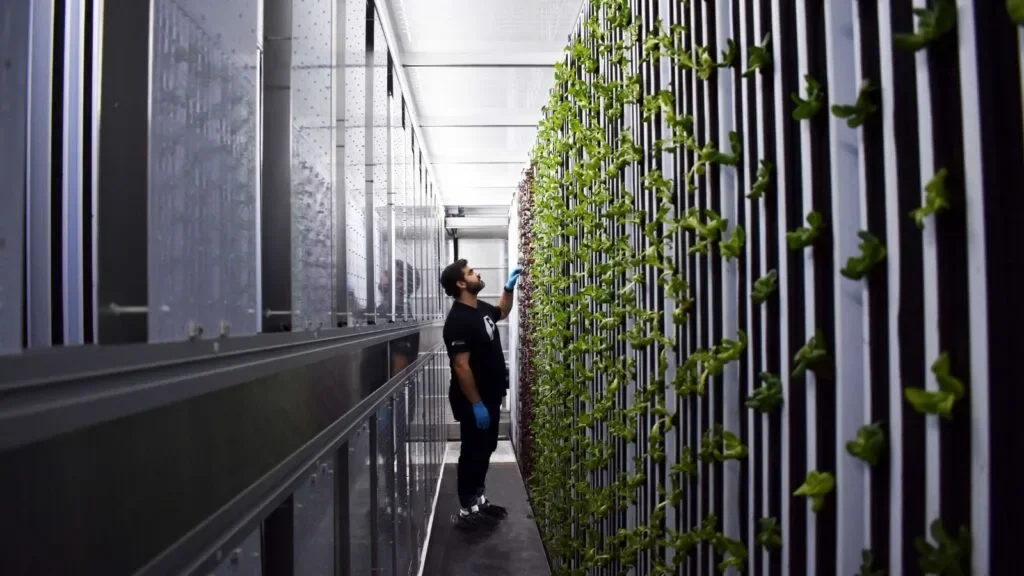
Because it could control factors like temperature, water, and light, the Leafy Green also eliminated much of the risk and weather variability that traditional farms face. Finally, it reduced water and energy waste thanks to an ultra-efficient hydroponic growing system and LED strips that deliver light from the only part of the spectrum crops need for photosynthesis.
Freight Farms’ current container farm model, the “Greenery S,” is the tenth iteration of this prototype. Custom-manufactured by Freight Farms, each unit can now grow the equivalent of three to four acres of traditional farmland and yield up to four tons of annual produce. Its design emphasizes efficiency, utilizing 99% less water than traditional farming methods thanks to recirculating water tanks.
The Greenery S is virtually climate-proof, too. Able to withstand extreme temperatures from -40º to 120º F, it can unlock sustainable, year-round agriculture in the frigid tundras of rural Alaska just as easily as on hot, humid Caribbean isles. The Greenery S can even be found in the arid deserts of Egypt and the United Arab Emirates.
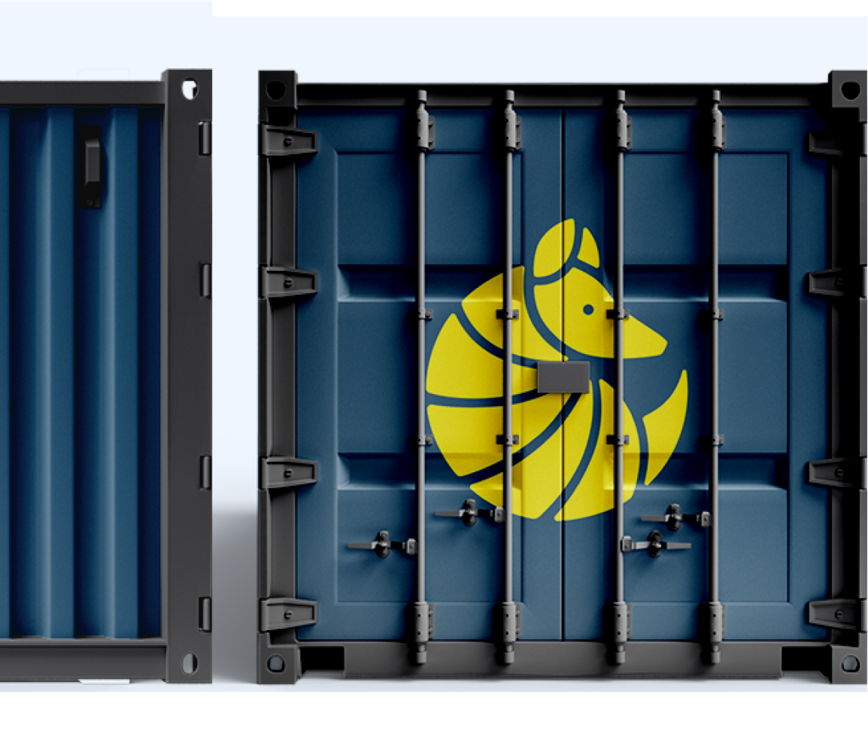
Growing a Community of Container Farmers
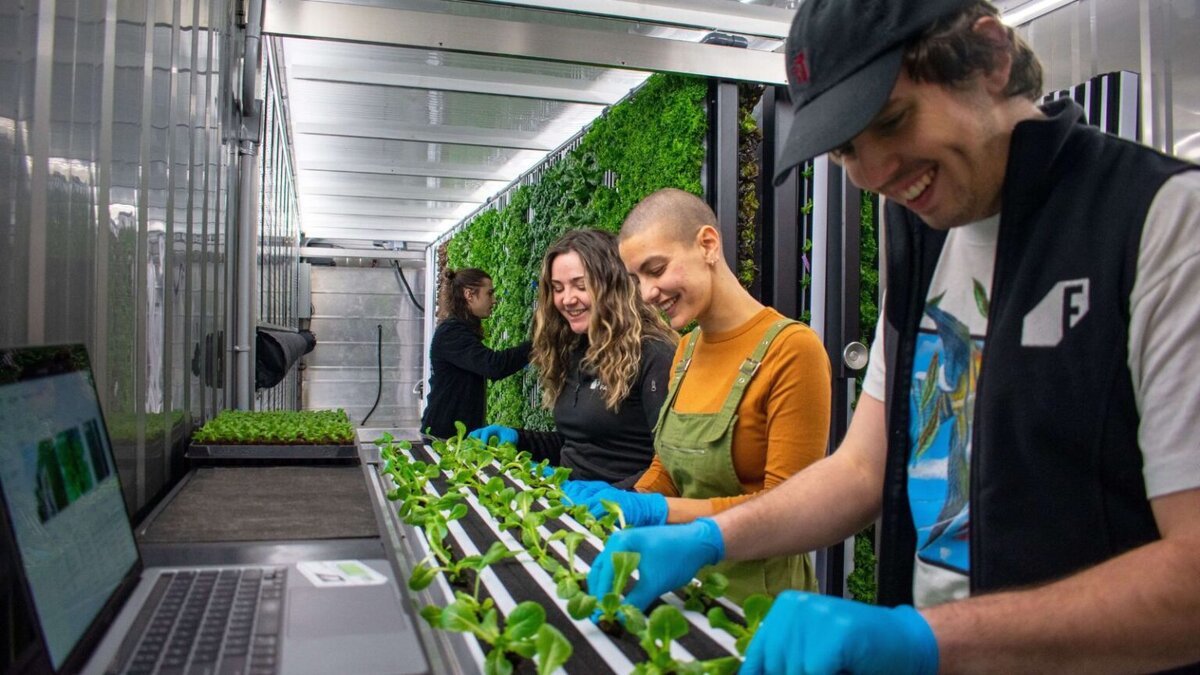
Unlike traditional outdoor farms, Freight Farms’ pre-assembled container farms don’t require large amounts of capital, land, or agricultural knowledge. Practically anyone can join the movement to grow their own food — all they need is funding and a suitable site.
Most of the company’s container farms are self-funded or paid for with a small business loan. Nonprofits and social enterprises can also apply for grants and government programs. Sites just need access to electricity, a water hookup, and enough land to support at least one 320-square-foot container farm. If you’re tight on space but want to maximize your growing potential, you can stack your farms up to three units high.
This ease of access has allowed Freight Farms to begin developing a community of container farmers around the world, many of whom have never even dabbled in farming before. For some, it’s a hobby or side gig. For others, it’s become a full-time job.
Tools & Training for Budding Container Farmers
Those who are new to the world of agriculture can take advantage of Freight Farms’ two-day training sessions, which cover every aspect of container farm operations — from system calibration and seeding to transplanting and harvesting.
The company’s Farmhand app also offers operational automation and community functionality. At its heart is a public forum where farmers and Freight Farms team members can share tips on lighting, planting, and harvesting techniques, as well as what produce is most in demand in certain regions and industries.
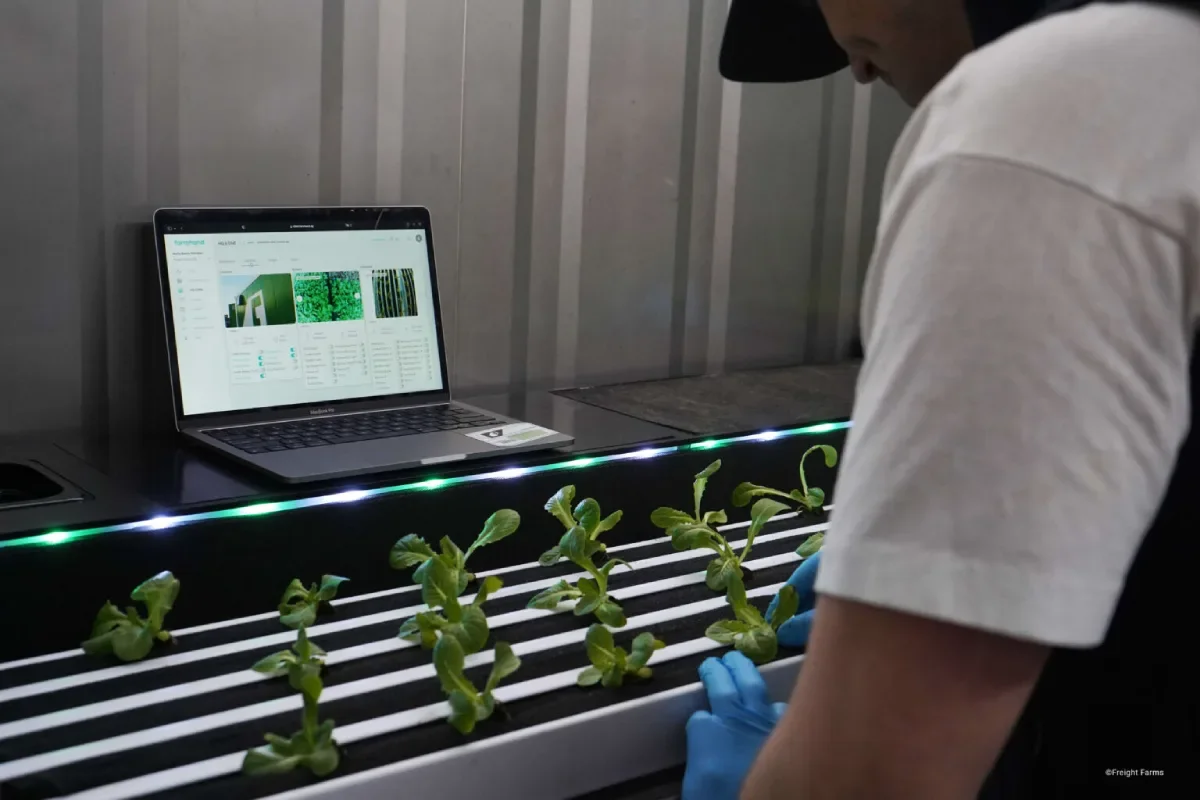
In addition to bringing food closer to communities that need it, the container farms can serve educational, sustainable, and humanitarian purposes. Universities and corporations can use them to supply dining halls and on-site cafeterias, reducing their carbon footprint by reducing the distance food needs to travel. Nonprofits can also use them to serve shelters, food banks, and food deserts.
This ability to give back is key to Freight Farms’ mission — the company’s HQ donates produce grown for research purposes to community fridges and local food banks across the Boston area. It hopes its network of farmers will further that mission as it expands, helping to eliminate barriers to affordable, nutritional food by continuing to grow locally and sustainably.
To learn more about Freight Farms, visit freightfarms.com.

About Nina Barango
Nina Barango is an experienced content marketer and container expert with a proven track record in the tech and logistics industry. Having worked with various startups and SMEs, she bridges the world of marketing, tech and shipping containers. When she's not creating content that'll revolutionize global container trade, you can find Nina reading a book or mastering her video editing skills.
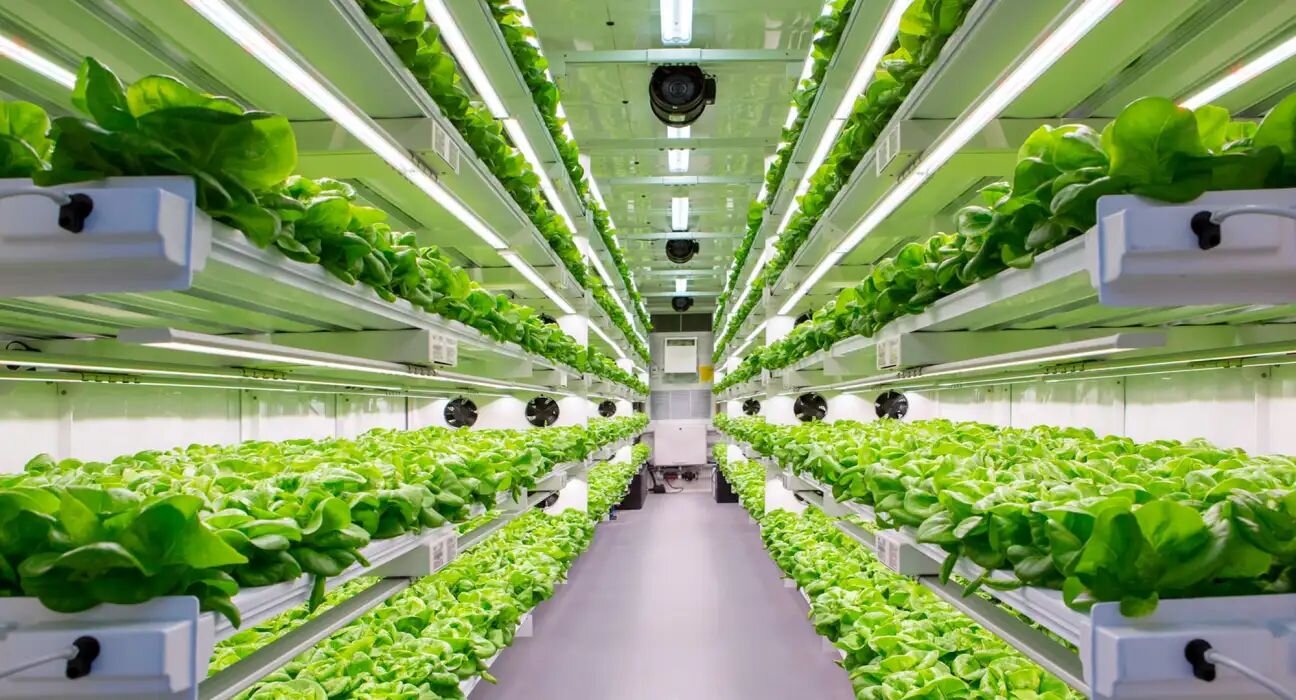

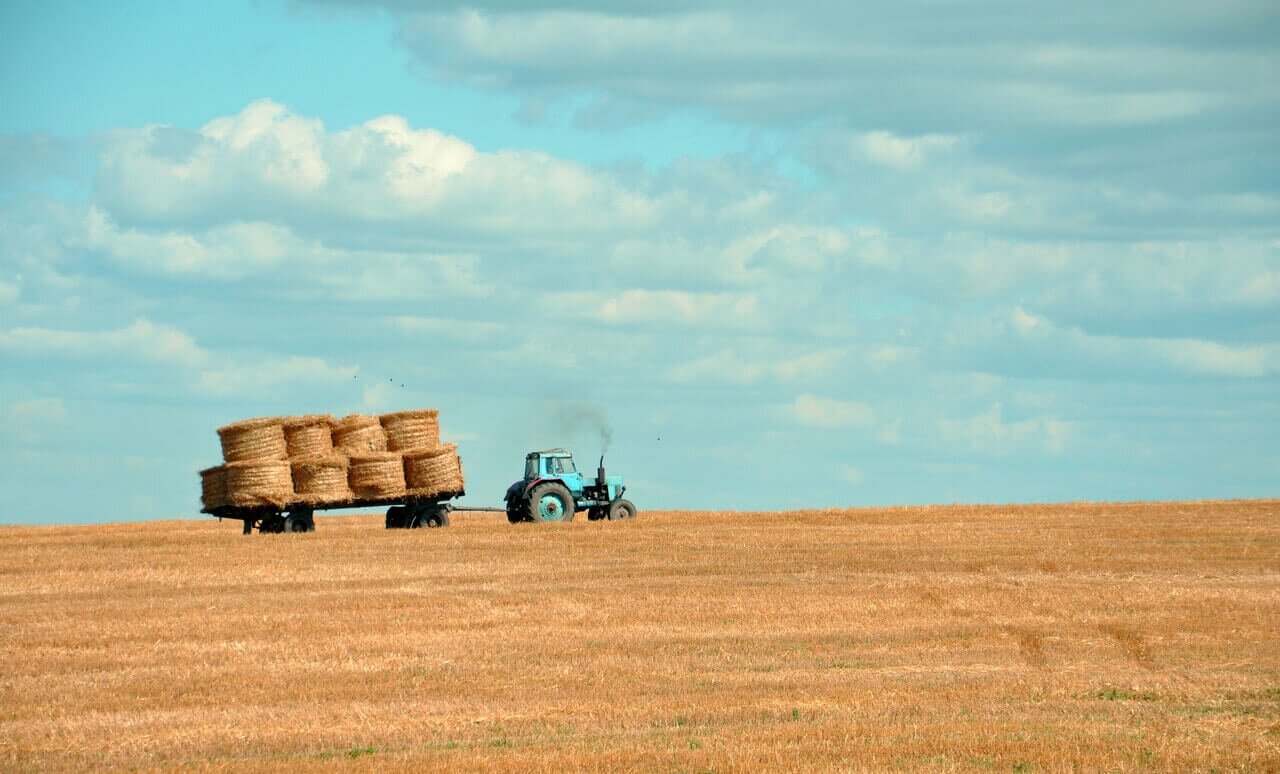

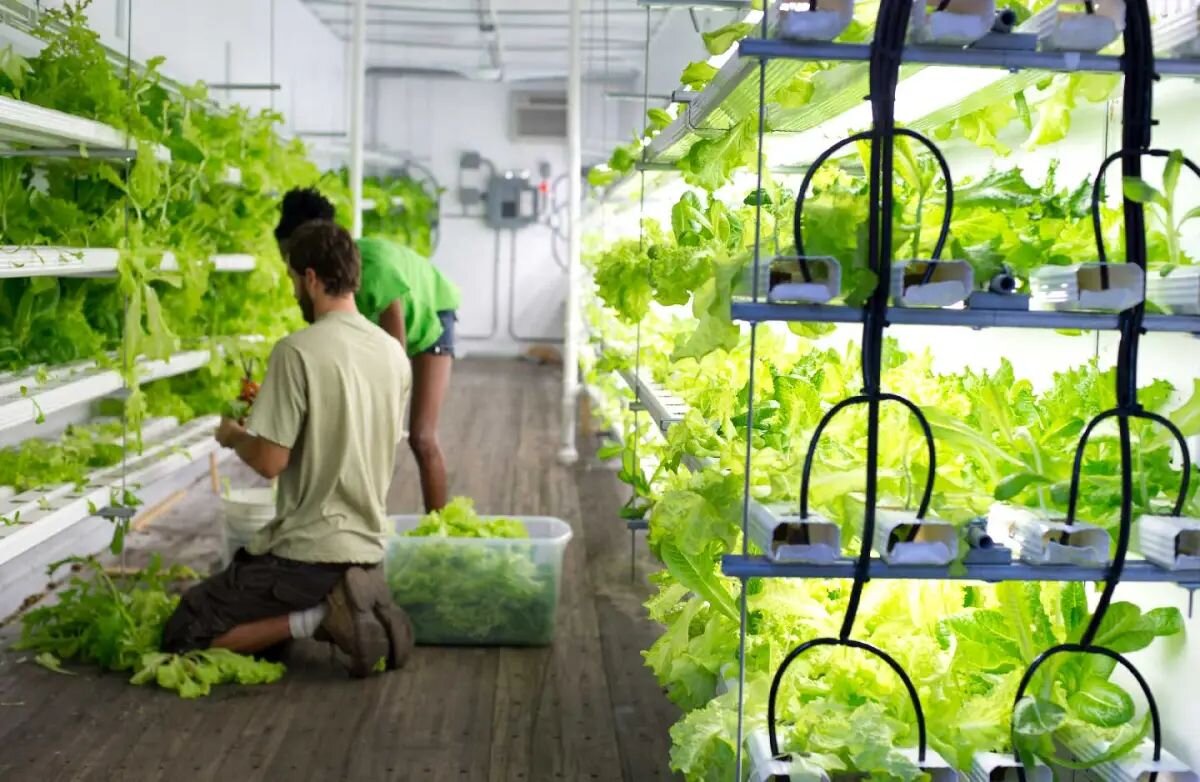


Continue Shopping
Loading cart